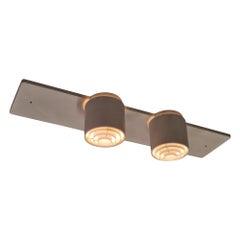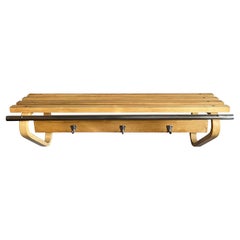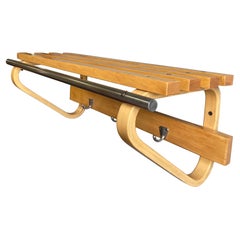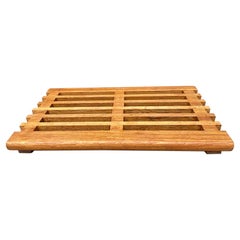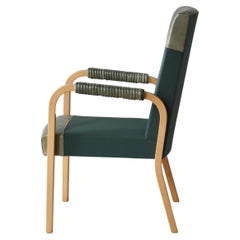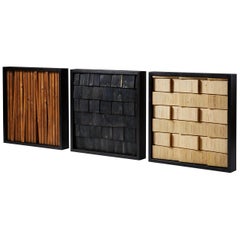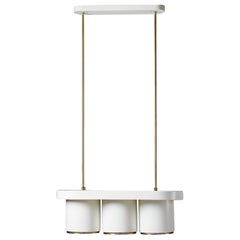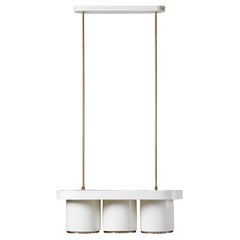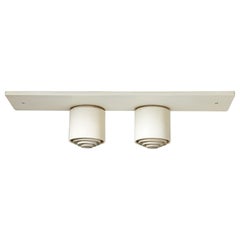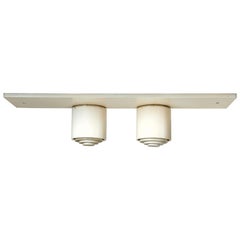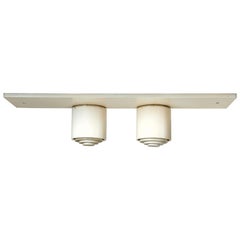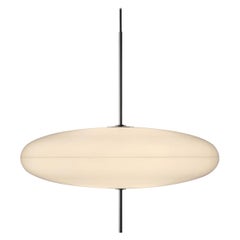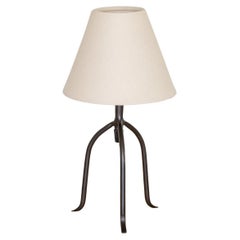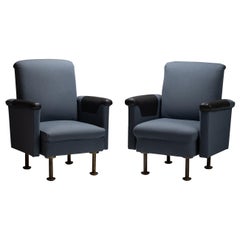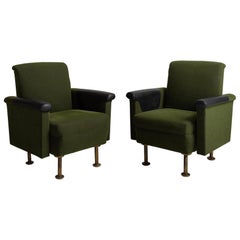Stora Enso
Vintage 1960s Finnish Mid-Century Modern Chandeliers and Pendants
Metal
Mid-20th Century Finnish Mid-Century Modern Shelves
Steel
Mid-20th Century Finnish Mid-Century Modern Shelves
Steel
Mid-20th Century Finnish Mid-Century Modern Shelves
Wood, Birch
Vintage 1960s Finnish Scandinavian Modern Lounge Chairs
Leather, Beech
Vintage 1960s Finnish Scandinavian Modern Contemporary Art
Wood
Vintage 1940s Finnish Mid-Century Modern Chandeliers and Pendants
Metal, Brass
Vintage 1940s Finnish Mid-Century Modern Chandeliers and Pendants
Metal, Brass
Vintage 1950s Finnish Scandinavian Modern Chandeliers and Pendants
Metal
Vintage 1950s Finnish Mid-Century Modern Chandeliers and Pendants
Metal
Vintage 1950s Finnish Mid-Century Modern Chandeliers and Pendants
Metal
People Also Browsed
21st Century and Contemporary Italian Mid-Century Modern Chandeliers and...
Aluminum
2010s Table Lamps
Iron
Mid-20th Century American Mid-Century Modern Sofas
Upholstery
Vintage 1950s French Mid-Century Modern Desks and Writing Tables
Oak, Plywood
Vintage 1950s American Mid-Century Modern Dining Room Tables
Brass
21st Century and Contemporary Mid-Century Modern Floor Mirrors and Full-...
Glass
Mid-20th Century Belgian Dining Room Chairs
Wood
Vintage 1960s American Mid-Century Modern Beds and Bed Frames
Brass
Vintage 1960s French Scandinavian Modern Bookcases
Teak
Vintage 1950s Finnish Scandinavian Modern Chandeliers and Pendants
Metal, Brass
21st Century and Contemporary Italian Modern Sectional Sofas
Aluminum
21st Century and Contemporary Swedish Mid-Century Modern Table Lamps
Textile
Vintage 1940s Finnish Scandinavian Modern Benches
Wood
Vintage 1970s Italian Modern Shelves
Plywood
Mid-20th Century Italian Mid-Century Modern Sofas
Fabric
Vintage 1950s Swedish Scandinavian Modern Bookcases
Mahogany
Recent Sales
Mid-20th Century Finnish Modern Armchairs
Leather, Upholstery
20th Century Finnish Armchairs
Brass
Vintage 1960s Finnish Mid-Century Modern Flush Mount
Metal
Vintage 1960s Finnish Mid-Century Modern Flush Mount
Metal
Vintage 1960s Finnish Mid-Century Modern Flush Mount
Metal
Vintage 1960s Finnish Mid-Century Modern Flush Mount
Metal
Vintage 1930s Finnish Modern Armchairs
Brass
Stora Enso For Sale on 1stDibs
How Much is a Stora Enso?
Alvar Aalto for sale on 1stDibs
An architect and designer, Alvar Aalto deserves an immense share of the credit for bringing Scandinavian modernism and Nordic design to a prominent place in the global arena. In both his buildings and his vintage furniture — which ranges from chairs, stools, tables and lighting to table- and glassware — Aalto’s sensitivity to the natural world and to organic forms and materials tempered the hardness of rationalist design.
Relatively few Aalto buildings exist outside Finland. (Just four exist in the United States, and only one — the sinuous 1945 Baker House dormitory at M.I.T. — is easily visited.) International attention came to Aalto, whose surname translates to English as “wave,” primarily through his furnishings.
Instead of the tubular metal framing favored by the Bauhaus designers and Le Corbusier, Aalto insisted on wood. His aesthetic is best represented by the Paimio armchair, developed with his wife, Aino Aalto, in 1930 as part of the overall design of a Finnish tuberculosis sanatorium.
Comfortable, yet light enough to be easily moved by patients, the Paimio chair’s frame is composed of two laminated birch loops; the seat and back are formed from a single sheet of plywood that scrolls under the headrest and beneath the knees, creating a sort of pillow effect. Aalto’s use of plywood had an enormous influence on Charles and Ray Eames, Arne Jacobsen, Marcel Breuer and others who later came to the material.
Concerned with keeping up standards of quality in the production of his designs, Aalto formed the still-extant company Artek in 1935, along with Aino, whose glass designs were made by the firm. In the latter medium, in 1936 the Aaltos together created the iconic, undulating Savoy vase, so-called for the luxe Helsinki restaurant for which the piece was designed.
Artek also produced Aalto pendants and other lighting designs, many of which — such as the Angel’s Wing floor lamp and the Beehive pendant — incorporate a signature Aalto detail: shades made of concentric enameled-metal rings graduated down in diameter. The effect of the technique is essential Alvar Aalto: at once precise, simple, and somehow poetic.
Find a collection of vintage Alvar Aalto stools, vases, dining tables and other furniture on 1stDibs.
Read More
The Very Modern Love Story of Mid-Century Design Duo Alvar and Aino Aalto
A power couple before the term existed, the influential pair made work that still resonates today.
What Makes Scandinavian Modernism and Nordic Design So Irresistible?
Andrew Duncanson, founder of the Stockholm- and London-based gallery Modernity, weighs in on the masters of mid-century furniture and decorative arts.
The Married Collectors behind Stockholm’s Newest Design Museum
Kersti Sandin and Lars Bülow want their new endeavor to educate both students and professionals about furniture design.
